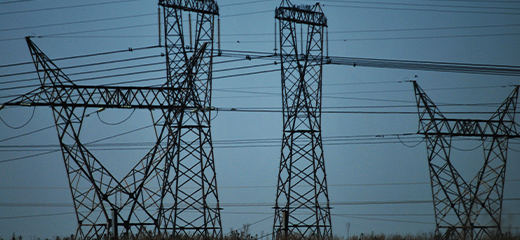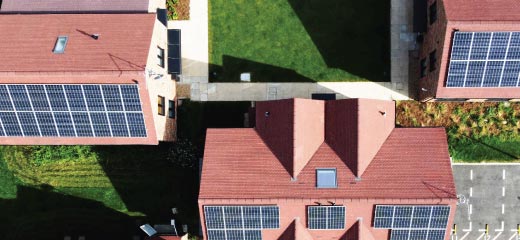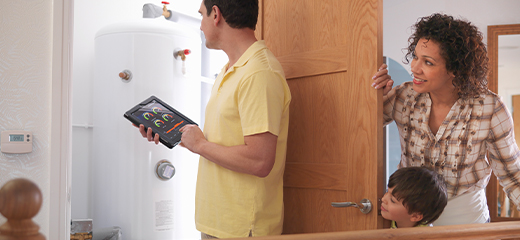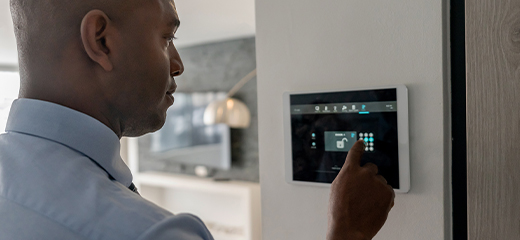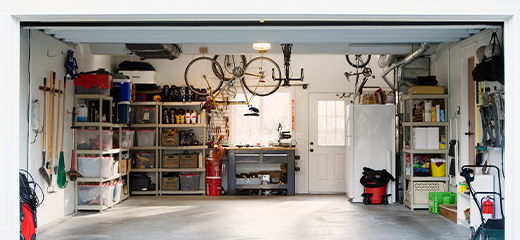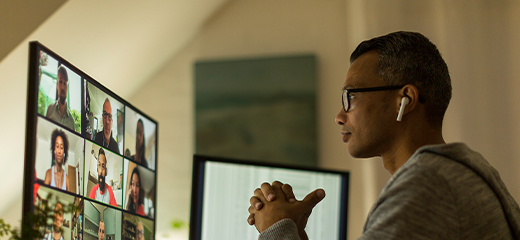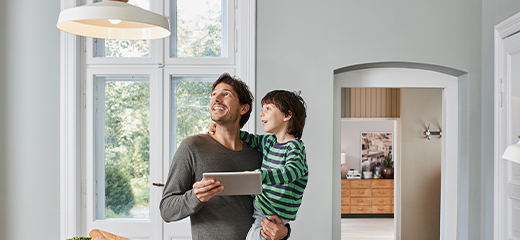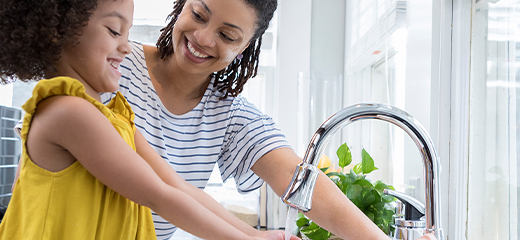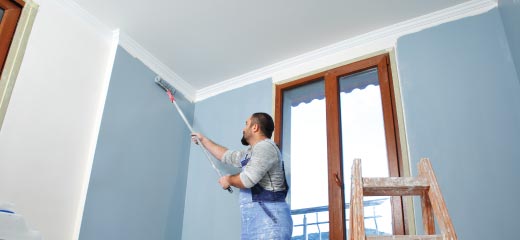
Ready to rent your first home?
Deciding to get a place of your own is an exciting step in life, but living the dream can quickly turn into a nightmare if you don't know what you're getting yourself into.
Getting the most out of your first rental requires being properly prepared, understanding what to expect and knowing what is required from you. These tips will take you through each step of the process of finding your new home.
Plan ahead
Sudden decisions to move home are never a good idea and this is especially true for first-time renters. Setting up your own home is an expensive endeavour, and you might not realise how much you are going to need.
Starting with your furniture and large appliance requirements, make a list of everything you are going to need for your new home, what you will be able to take with you and what you will need to purchase. If you need to buy an expensive item, such as a fridge/freezer, research the costs now and decide whether you would like to pay for these upfront or in instalments.
Moving to medium and smaller requirements, take a walk through each room of the house you're living in now and make a list of everything you will need for your home. Don't forget to look in cupboards and drawers for items such as pots and pans, cutlery and crockery, and don't forget to add curtains to your list.
Finally, remember you are going to need cleaning equipment, household consumables and basic groceries such as oil, condiments and spices.
Purchase as many of these items as you can before moving and ease the financial pressure of the first few months on your own.
What can you afford?
One of the biggest problems first-time renters face is unexpected costs and the financial reality of being on your own. Financial advisors recommend that no more than a third of your income should be spent on housing and there is a good reason for this.
There are many expenses that come with being on your own and your monthly rent is just one facet of this. To figure out what you can afford you will need to create a budget that takes into account water and electricity bills, monthly grocery spend, internet access, security services, laundry, additional travelling costs and the monthly instalments for any furniture and appliance purchases. Avoid estimating this yourself, rather speak to friends and family about what to expect.
Another element to be prepared for is a deposit on your rental property. This is almost always required upfront, although some landlords will allow you to pay it over two months. This deposit, along with accumulated interest, must be returned to you when you move out; however, deductions can be made for outstanding rental, any breakages and property damage, legal fees and/or costs brought about by the early cancellation of a lease.
Shop around
Now that you have a good idea of your budget, take the time to explore the options available in your price range. Spend time on the various online rental property sites to get an idea of what you can expect for your money in terms of size, location and facilities.
No matter how attractive a property looks online, it is essential to do an in-person viewing. This is when you will discover any defects, true size, limitations, environment and neighbourhood, as well as get the chance to meet the rental agent or your potential landlord.
It is also a good time to ask any questions, make requests for any necessary repairs or improvements and discuss or negotiate the price details. Be sure to establish exactly what is included in the rental amount such as water, electricity, parking, security, internet access, garden services, etc.
Nail down the details
Once you've decided on the property you want, it's time to establish an agreement with the rental agent or landlord. Most agents and landlords will want to conduct a credit and/or tenant check before offering you a lease. It is illegal for a credit check to be conducted without your permission; however, bear in mind that the landlord may reject your application if you refuse.
You will be asked to submit several documents to secure a lease so have the following items ready: certified copy of your ID or passport, 3 months’ bank statements, and 3 months’ salary slips. You may also be required to complete an application form.
If the landlord is satisfied with the results of the application and credit checks, a lease agreement will be offered to you. Taking the time to read and understand this document is critical to have a happy stay in your new home. Remember that this is a legal document, and you will be bound to the conditions for the duration of your stay.
Make sure your details are correct, question any clauses you don't understand and be confident enough to request changes. Keep an eye out for any references to 'House rules' and ask to see these before you sign your lease agreement as these can include restrictions that do not suit your lifestyle.
Deposit dynamics
Many agents and landlords will encourage you to pay the deposit immediately to secure the property. While it is true that you could lose the property to someone who is quicker to act, you should never pay the deposit until after you have seen and agreed on the lease documentation.
Reputable agents and landlords will have the lease agreement ready for you to consider and won't pressure you into blindly parting with your hard-earned cash. Keep in mind that it is better to be disappointed than to be stuck in a home for a long period of time with unbearable conditions.
LookSee is a free home efficiency platform aimed at making homeownership easier and more affordable.
